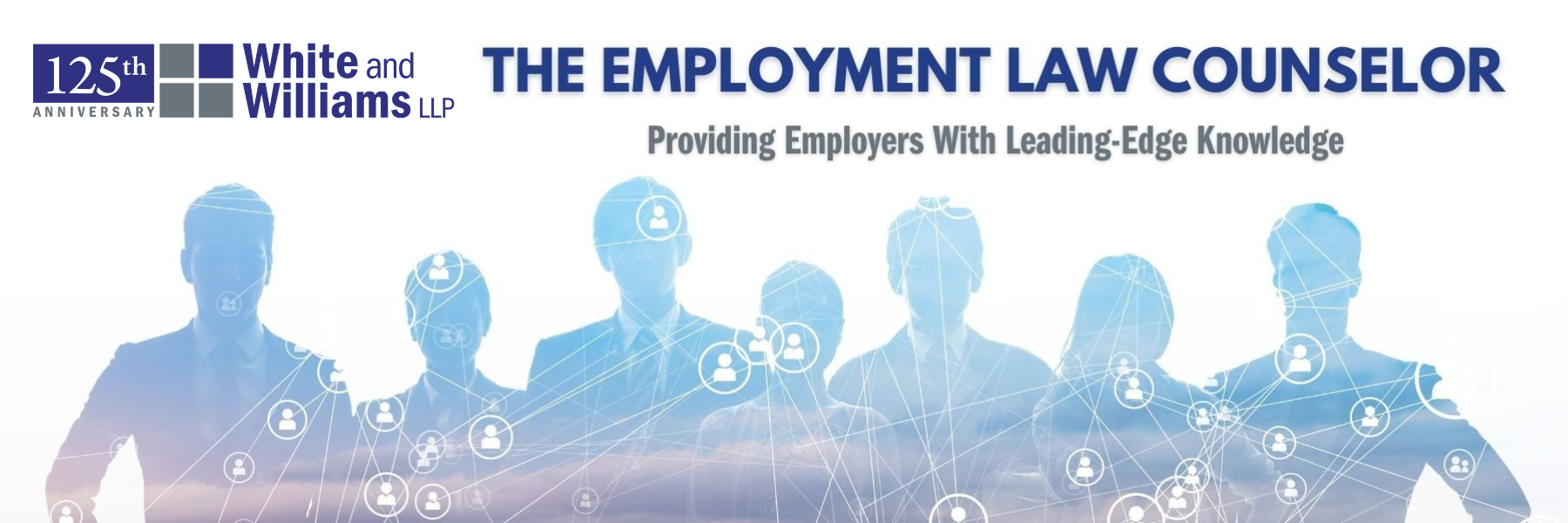On June 12, a federal jury in Camden, New Jersey returned a verdict in favor of Shannon Phillips, a white Starbucks Regional Director who claimed that she was terminated from her management level position on the basis of her race. Phillips claimed that after media coverage of the arrests of two black customers who were sitting in a Philadelphia Starbucks store, she was directed to suspend a white District Manager with no connection to the Philadelphia store, based on alleged discriminatory conduct. Phillips claimed that she informed Starbucks supervisors that the race-based allegations against the District Manager were factually impossible and shortly thereafter, she was terminated from her position. Starbucks claimed that Phillips was terminated from her position for lack of leadership following the arrests. The jury unanimously found in favor of Phillips on her federal and state claims, including that she proved punitive damages were warranted. However, what prompted the jury to award an amount of $25 million?
While we did not attend the six-day trial, it has been reported that during the closing argument for Phillips, it was argued that Starbucks upper management wanted a “scapegoat” to terminate, in order to show that action was taken following the arrests and negative media coverage. They argued that Starbucks chose not to terminate the black District Manager of the store where the arrests were made and instead terminated his white Supervisor, Phillips. They noted in closing argument, that the black District Manager testified at trial that he thought race played a role in Starbucks’ decision to terminate Phillips and that his race was a reason that he felt “safe” and was not terminated. Phillips’ attorneys also presented evidence that prior to her termination, her work performance was exceptional, and she had received a bonus.
While we did not speak to the jury, we take away from this verdict and award that the jury was likely swayed by the argument that Starbucks needed to cast blame on a white management level employee to convince the community it had responded to the arrest and to clear its corporate image. The jury was likely impacted by the testimony of the black District Manager who was not terminated and stated that he felt safe, in addition to the positive 13-year work performance record and actions of Phillips. The practical takeaway for employers is that prior to taking an adverse employment action against an employee, it is essential to consider the underlying evidence, including the performance record and documents along with coworker testimony. Employment decisions should be informed decisions that take into account all information and assess all risks, including a $25 million jury award.
For more information, please contact Nancy Conrad (conradn@whiteandwilliams.com; 610.782.4909), or a member of our Labor and Employment Group.
At the time of publication, post-trial filings and appeals had not been issued.
This correspondence should not be construed as legal advice or legal opinion on any specific facts or circumstances. The contents are intended for general informational purposes only and you are urged to consult a lawyer concerning your own situation and legal questions.

